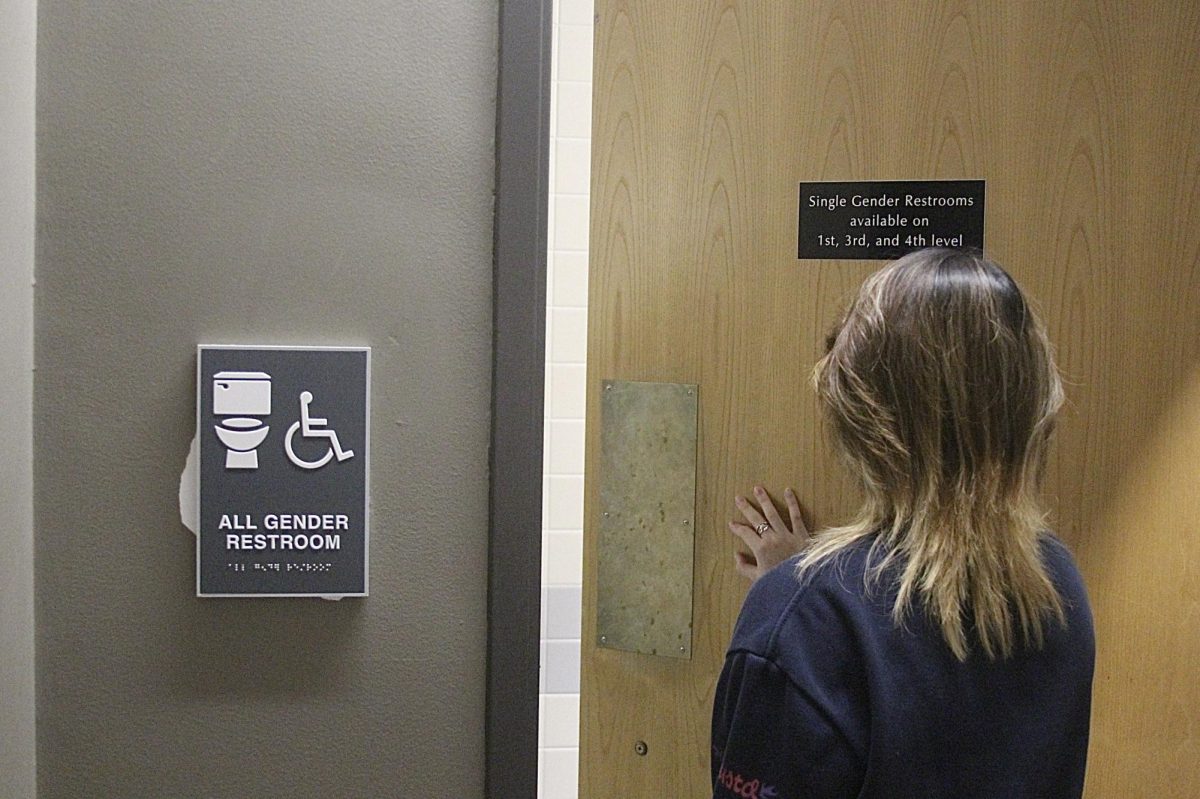Last month, Sinclair Broadcast Group, the largest television broadcasting company in the US, required numbers of its local news anchors to read the same promo script. On April 1, the sports news website Deadspin published a compilation video of the broadcasts, showing news anchors from different stations, advising audiences of “the troubling trend of irresponsible, one sided news stories plaguing our country”, among other statements, and declaring that “this is extremely dangerous to a democracy”.
According to a statement reported in a New York Times article on April 2, Sinclair’s senior vice president of news Scott Livingston said that Sinclair was focused on “fact based reporting” and that the goal of the promos was “to reiterate our commitment to reporting facts in a pursuit of truth.”
Professor Amy Blommer, a Teaching Fellow in Communication Studies, said of the Sinclair announcements, “I see it a lot like propaganda – it’s not a journalist’s job to be providing this kind of announcement.”
Junior William Ingalls agreed, saying “it’s clearly a biased message designed to influence people’s views on a certain candidate. There’s a time and place for that, like during a political advertisement. The problem begins when you blur those lines, when you drag the news through the sludge of a political ad.” Ingalls was referring to how certain phrases from the announcements seem to echo Donald Trump’s rhetoric.
According to the same New York Times article, “Sinclair regularly sends video segments to the stations it owns,” known as “must-runs,” which “can include content like terrorism news updates, commentators speaking in support of President Trump or speeches from company executives.”
Asked whether local journalists and news anchors had a choice when it came to airing the announcements, junior Bryan Ross said “I think it would be uncomfortable. I’d like to think I’d stand up for it, but if I was a position where my livelihood was at stake, that would be difficult.”
“It’s a give and take,” said Ingalls, “You have to ask yourself how much martyrdom means in terms of being in the public spotlight and raising awareness for this kind of problem.”
Blommer expressed a different view, saying “I think you always have a choice to do justice to your profession. It’s more important now than ever. We need to think of the implications and consequences of what we’re saying.”
Local reporters from WQAD, WHBF, and KWQC were unable to respond to the Observer’s request for comments.
Ingalls also spoke about what the control of companies like Sinclair over the media could mean on a larger scale. “The problem with having a few major media outlets means that there are only a few voices. This isn’t organic storytelling.” Junior Jarek Andrzejewski expressed a similar view, discussing what could happen if companies like CNN and The New York Times followed Sinclair’s example of promos and mandated content. “I’m fairly confident that if they had the same local reach Sinclair did, they’d want to use to to their best advantage” Andrzejewski said.
“I think the only way for it to change would be for it to get worse,” added Andrzejewski. “Until it’s down to one or two companies controlling 95% of the media, I don’t think there’s going to be any change. We keep seeing mergers and transactions happening between these big companies, so maybe we’re not too far from really being limited.”
Ingalls expressed a similar view, saying “monopolies like we have now haven’t got broken up since the government intervened against John D. Rockefeller in the 1990’s. It’s tough to imagine that kind of reasonable resistance happening now.”
Sinclair is currently attempting to purchase Tribune Media for $3.9 billion. “With all the criticism against Sinclair right now, the FCC might be smart enough not to approve the purchase right away, but they wouldn’t deny it altogether,” Andrzejewski said.
Bryan Ross believes that “consumers have a responsibility” in reacting to mass-produced announcements like those from Sinclair. “During those compilation videos, every news station was saying ‘you can trust us’ and I think as a consumer you have to come up with that judgment on your own.”
Amy Blommer agreed, saying “You have to look at your sources, at what you’re consuming, see if the news has an alternate agenda. Consumers have a responsibility to research and create change.”
Categories:
Augie students and faculty respond to Sinclair Broadcast Group’s ‘must-runs’
April 12, 2018
0
More to Discover






































































































